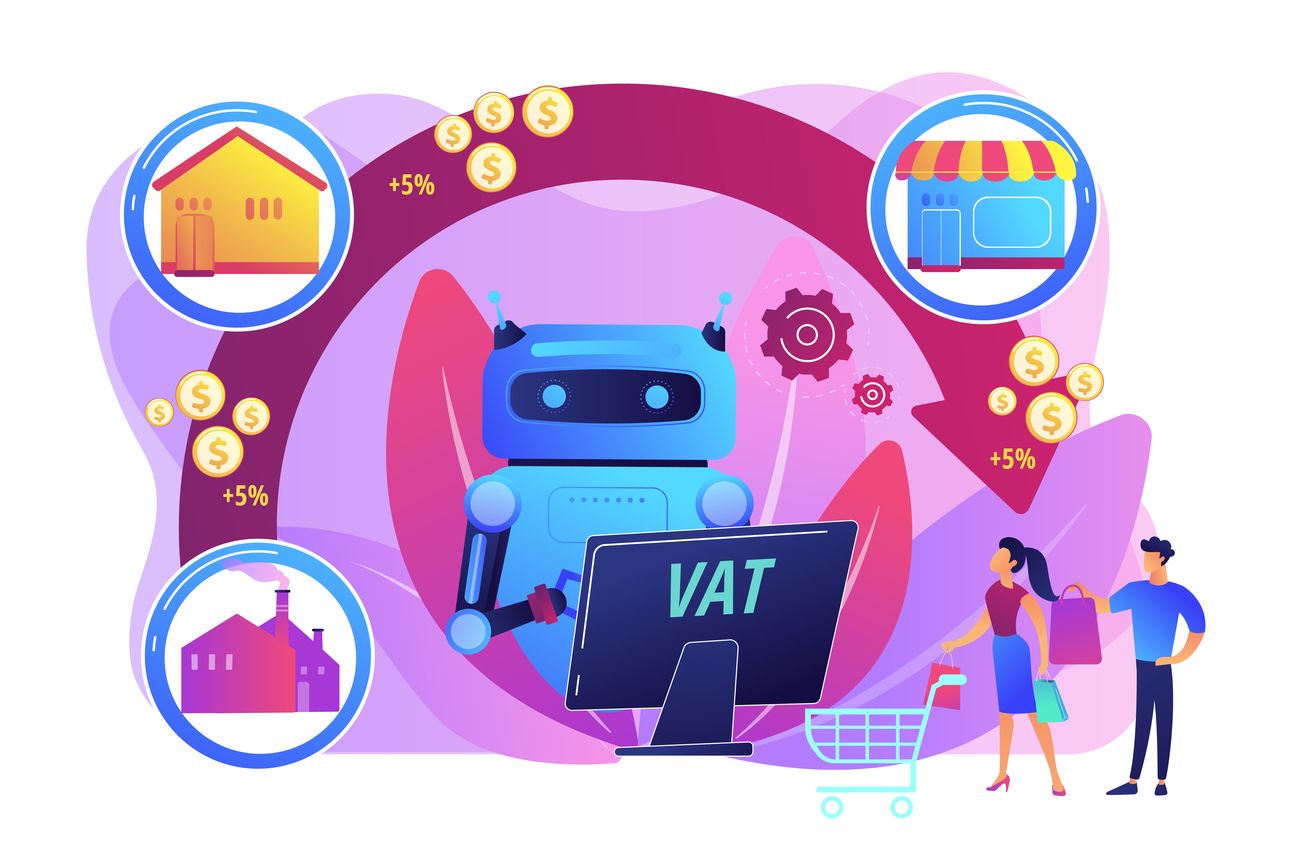In a week that has left economists and industry leaders scrambling to recalibrate their forecasts, we're witnessing a seismic shift in consumer behaviour and industry norms. From unexpected retail resilience to AI's creative takeover, the market landscape is evolving at breakneck speed. Let's dive into the stories redefining our understanding of the economy and consumer behaviour.
Retail's Unexpected Comeback: August Sales Defy Gloomy Forecasts
In a surprising turn of events, August retail sales have defied pessimistic predictions, showing an unexpected resilience that has sent ripples through the economic community. The 0.1% increase to $710.8 billion might seem modest at first glance, but in the current climate of economic uncertainty, it's nothing short of remarkable.
The numbers paint a picture of shifting priorities and adaptable consumers:
Online retail sales surged 1.4% monthly and an impressive 7.8% annually
Health and personal care stores saw a 0.7% monthly gain and a 3.5% annual boost
Even clothing retailers, often the first to feel the pinch in tough times, only experienced a 0.7% monthly dip while managing a 1% annual increase.
Behind these figures lies a story of wage gains outpacing inflation, providing consumers with unexpected spending power.
This resilience in consumer spending challenges the narrative of an impending economic downturn and suggests that retailers who can adapt to changing consumer preferences may find growth opportunities even in uncertain times.
The AI Creative Revolution: Redefining Authorship in the Digital Age
While consumers continue to be surprised with their spending habits, a revolution is unfolding in content creation. Artificial Intelligence is not just assisting in creative processes; it's producing content at a scale and speed that's sending shockwaves through creative industries.
This AI content revolution is blurring the lines between human and machine creativity, with 62% of consumers reporting that they encounter AI-generated content daily, often without realizing it. The implications for industries ranging from journalism to entertainment are profound, raising questions about the nature of creativity, copyright, and the future of human creative professions.
As AI-generated content becomes more sophisticated and ubiquitous, industries must grapple with new ethical considerations and potential shifts in workforce dynamics. The challenge now lies in harnessing the power of AI while maintaining the unique value of human creativity and insight.
The Back-to-School Paradox: Strategic Spending in Action
As summer wanes and the back-to-school season kicks into high gear, retailers are facing a consumer base that's rewriting the rules of engagement. While overall spending forecasts remain flat at around $31.3 billion, the way consumers are approaching this annual ritual has shifted dramatically.
This new approach is characterized by several key trends:
Over 50% of shoppers started their back-to-school purchases in early July
Buy-now-pay-later services have seen a 35% increase in usage for school-related purchases
64% of consumers report being more price-conscious compared to last year
The back-to-school season, long considered a bellwether for consumer sentiment, is now showcasing a more thoughtful, value-driven approach to spending. This shift suggests that while consumers are willing to spend, they're doing so intending to maximize value and minimize financial strain.
From Shelf to Doorstep: The Evolution of Retail Sourcing
In an age where consumers are increasingly conscious of the journey their products take from production to purchase, retail sourcing has emerged as a critical factor in building consumer trust and loyalty. What was once a behind-the-scenes operation is now front and centre in the battle for market share.
The new sourcing landscape is characterized by several key trends:
62% of retailers are diversifying their supplier base to mitigate risks
56% now include sustainability criteria in their supplier selection process
A significant 72% of large retailers have adopted AI-powered sourcing platforms
The focus on transparent and ethical sourcing is not just a moral imperative; it's becoming a key differentiator in a crowded marketplace. Retailers who can effectively communicate their sourcing practices to increasingly conscious consumers are likely to see enhanced brand loyalty and market share.
As we navigate these shifting tides, one thing is clear: the consumer remains king, but the rules of engagement are evolving rapidly. From AI-generated content challenging our notions of creativity to strategic consumer spending reshaping retail strategies, the market landscape is in a state of constant flux.
For businesses and consumers alike, staying informed and adaptable is key to thriving in this new economic reality. As we continue to unravel the stories behind the numbers, one thing is certain: the only constant in today's market is change itself.

